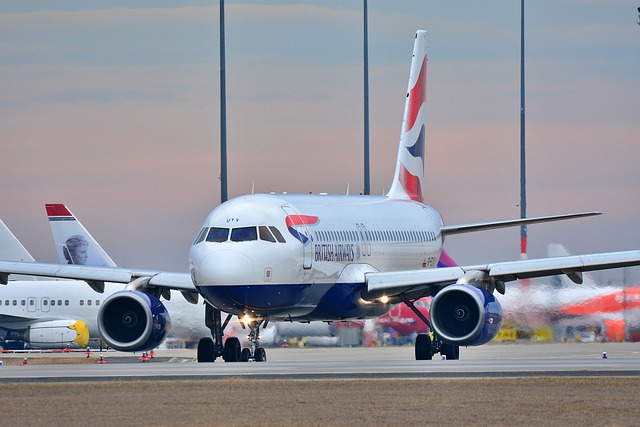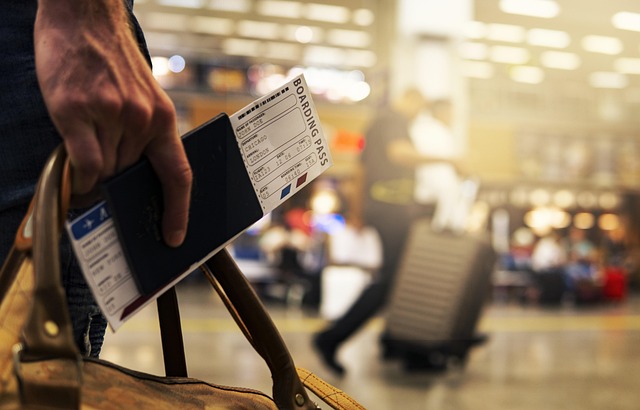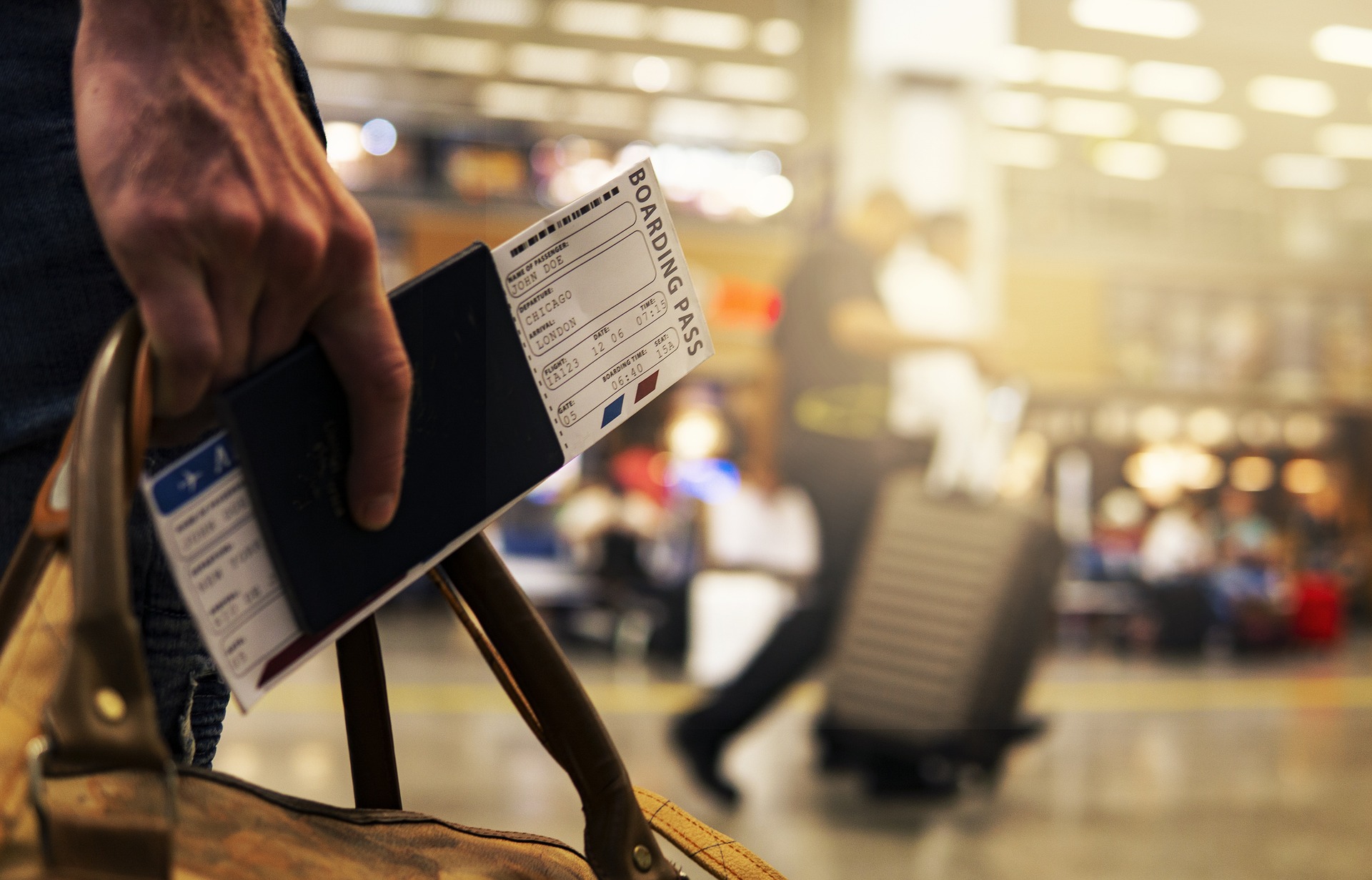Flight Ticket Deals: Practical Tips for Finding Cheaper Airfare
Finding flight ticket deals requires a mix of timing, tools, and realistic expectations. This article explains common strategies for spotting lower fares, how flexibility affects price, the most useful tracking and comparison tools, and a practical look at typical costs across several carriers. The aim is to give clear, evidence‑based guidance you can apply when searching for flights in your area or internationally.

When should you book flights?
Airfare pricing is dynamic: airlines adjust fares based on demand, load factors, and changing inventory. For short-haul routes within Europe, many travelers see lower fares when booking several weeks to a few months in advance; for long‑haul routes, booking two to six months ahead is often recommended. Booking too early or too late can both carry higher costs. Midweek flights and midweek bookings sometimes show lower prices because business travel tends to concentrate around Mondays and Fridays.
What tools help track ticket prices?
Price alerts and fare‑comparison websites can reveal trends and sudden drops. Tools include metasearch engines, airline fare alerts, and browser extensions that compare dates and nearby airports. Flexible-date calendars are useful for spotting the cheapest departures across a month. Combine at least two tools—one meta-search and one airline direct alert—to cross-check prices and avoid missing carrier-specific sales that aggregators might not show immediately.
How can flexibility lower costs?
Flexibility in dates, airports, and routes is one of the most reliable ways to reduce ticket costs. Flying midweek, using secondary airports, or accepting longer layovers can cut fares significantly. Consider outbound and return separation (open‑jaw itineraries) or multi-city tickets when appropriate. Keep in mind that low fares sometimes come with extra fees for baggage, seat selection, and changes; factor those into the total trip cost rather than comparing base fares alone.
What should you know about fees and added services?
Budget carriers often advertise very low base fares but charge extra for checked bags, priority boarding, and seat selection. Legacy carriers include more services in the ticket price but may list higher base fares. When comparing options, look at the full cost for your likely travel pattern: baggage, transfers, in‑flight meals (if important), and change or cancellation policies. For business trips or complex itineraries, more flexible tickets may be worth the premium.
Comparing providers and typical pricing
Below is a practical comparison of common carriers and representative cost ranges for typical routes. These are illustrative estimates intended to show relative differences; actual prices vary by route, season, and availability.
| Product/Service | Provider | Cost Estimation |
|---|---|---|
| Short‑haul economy (advance purchase, Europe) | Ryanair | £20–£60 |
| Short‑haul economy (advance purchase, Europe) | easyJet | £25–£80 |
| Short‑haul economy (advance purchase, Europe/Central‑East) | Wizz Air | £15–£70 |
| Short‑haul economy (standard fares, flexible) | British Airways | £60–£200 |
| Long‑haul economy (transatlantic, standard advance) | Lufthansa | £300–£700 |
Prices, rates, or cost estimates mentioned in this article are based on the latest available information but may change over time. Independent research is advised before making financial decisions.
Practical checklist before you buy
Before purchasing a fare, verify baggage allowances, change and cancellation rules, and whether the ticket is protected under a single reservation (important for connections). If booking through third parties or consolidators, confirm who is responsible for customer service and refunds. For international travel, check visa and entry requirements that might affect refundable or non‑refundable ticket choices.
Conclusion
Smart ticket buying mixes timing, flexibility, and careful total‑cost comparison. Use multiple tools, consider non‑traditional airports and dates, and always compare the full price—not just the headline fare. Prices can change quickly, so monitor alerts and confirm all included services before completing a purchase.




